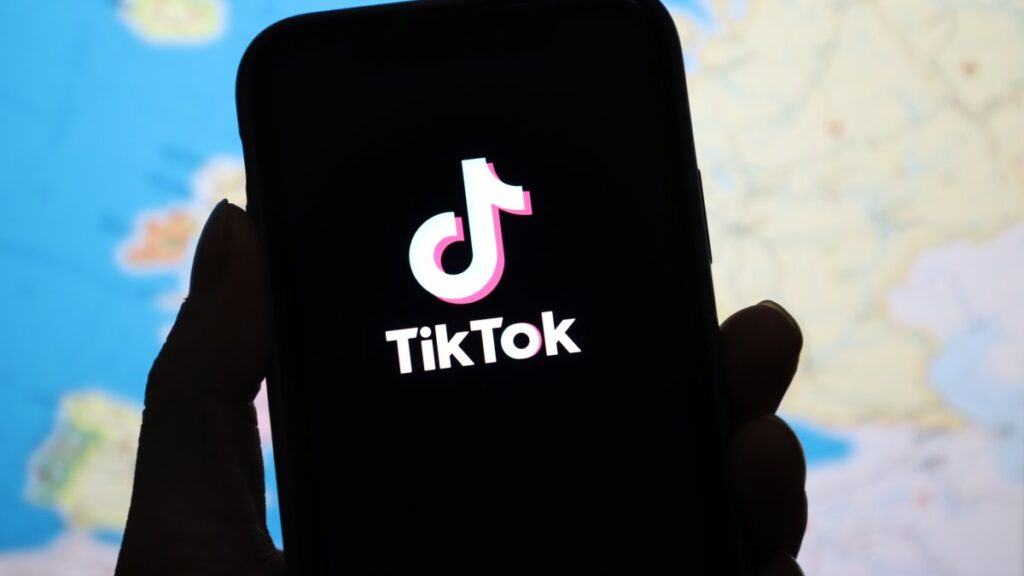TikTok and its Chinese parent company ByteDance are suing the U.S. federal government, challenging the law, which they say violates the constitution and would force them to sell ByteDance shares or face a ban.
The lawsuit filed Tuesday could lead to a long legal battle over its future in the United States.
The popular social video company said it would be banned from the Protecting Americans from Foreign Adversary Control Petitions Act because the law signed by President Joe Biden as part of a $95 billion foreign aid package is “clearly unconstitutional.” They argued that the sponsors were trying to glorify the law. Not as a ban, but as a regulation of TikTok's ownership.
The law requires TikTok's parent company ByteDance to sell the platform within nine months. If a sale is already in progress, the company will have an additional three months to complete the transaction. ByteDance said it has “no plans to sell TikTok.” But even if it wanted to sell, the company would have to get the blessing of the Chinese government, which has opposed forced sales of its platform in the past and has voiced its opposition again.
The dispute over TikTok comes as U.S.-China relations are moving toward intense strategic rivalry, particularly in areas such as advanced technology and data security that are essential to each country's economic strength and national security. .
Lawmakers, administration and law enforcement officials from both parties have warned that Chinese authorities could force ByteDance to hand over U.S. user data or manipulate the algorithms that populate users' feeds to sway public opinion. expressed concern that there is a possibility of Some have pointed to a Rutgers University study that says TikTok's content is amplified or undervalued based on how it aligns with the interests of the Chinese government, which the company disputes.
Opponents of the law argue that Chinese authorities and other nefarious groups can easily obtain information about Americans in other ways, such as through commercial data brokers who rent or sell personal information. They point out that the U.S. government has not provided any public evidence that TikTok is sharing U.S. user information with Chinese authorities or tinkering with its algorithms to benefit China. They also say any attempt to ban the app could violate free speech rights in the United States.


